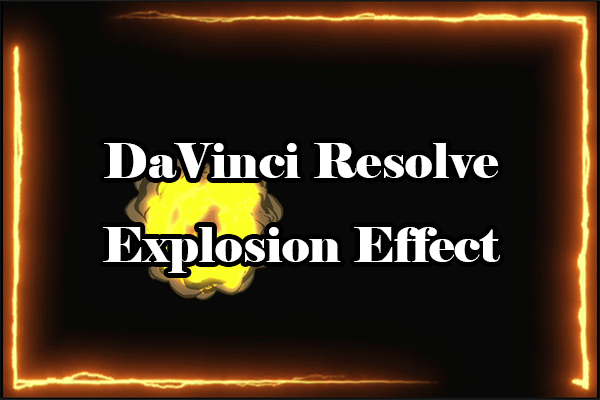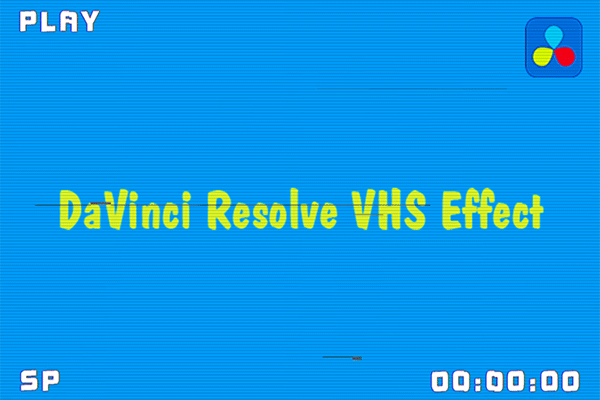Double exposure occurs when an image is superimposed on another to create a mix of the two images. Wisely used this effect can look fantastic. Here, you will learn how to create a DaVinci Resolve double exposure effect using the Luminance Mask and the Magic Mask.
How to Create a Double Exposure in DaVinci Resolve
Double Exposure with the Luminance Mask
You’ll need one clip with tons of contrast for this way of making a double exposure effect. Since we will make use of luminance to create a mask, something that is silhouetted against a bright sky or a window is perfect.
- Add the double exposure clip (the one you would like to show through) to the first track in the timeline.
- Add the main clip on the track above, duplicate it, and put that on the third video track. Temporarily disable the top clip.
- With the main clip selected on the second track, go to the Color page.
- In the viewer, enable Highlight mode, so that you can see the mask. Next, from the Qualifier window, use the Luminance values in HSL mode to create a mask for the light or dark areas according to which area you wish the clip to show through. You can just Invert the mask if you have it the wrong way around.
- To view the clip below, add an Alpha output (right-click from the node editor) and connect it to the node alpha output. Keep this step in mind, since you’ll need to use it each time you create a mask on the Color page.
- Now, you have completely transparent black areas that show the bottom clip yet you have lost all of the details. Enter the Edit page and re-enable the duplicate clip to bring some detail back.
- Change the amount of detail you’ll see in the clips below using the Opacity slider and/or Blend modes in the Inspector.
Double Exposure with the Magic Mask
The double exposure effect is particularly popular with people. But this can be a real challenge, especially if there is movement in the shot. The first way will not work if you do not have a shot with high contrast such as a clean white background.
Fortunately, Magic Mask is available for those with DaVinci Resolve Studio (the paid version). You’ll need one clip of a clearly defined person with a visible face in this way. Using the neural engine to process the clip is an intensive process, so be patient.
- Arrange the clips on the timeline as before on the first 3 tracks. Disable the top clip again.
- Go to the Color page with the main clip selected. Ensure you are at the beginning of the clip, access the Magic Mask window, and ensure the Person option is selected.
- Just draw a lineover the person in the clip. The program will now create a mask of your person automatically. Click the Track forward button to track the movement and the mask will be tracked.
- Add an Alpha output and connect it to the node in the same way as you did before. You may have to Invert the magic mask.
- We will re-enable the top clip as in the previous option, but instead of simply using the Opacity slider to blend details back in, we will return to the Color page.
- Ensure the top clip is selected and add a gradient to the clip. Change the Gradient softness and position to display the details you desire.
- Also, you can change the Scale and Position of the bottom clip on the Edit page if needed.
MiniTool MovieMakerClick to Download100%Clean & Safe
Conclusion
If you would like to find out how to create a DaVinci Resolve double exposure effect, you can refer to the two methods above to add this visual effect to your clips. Have fun creating!




User Comments :